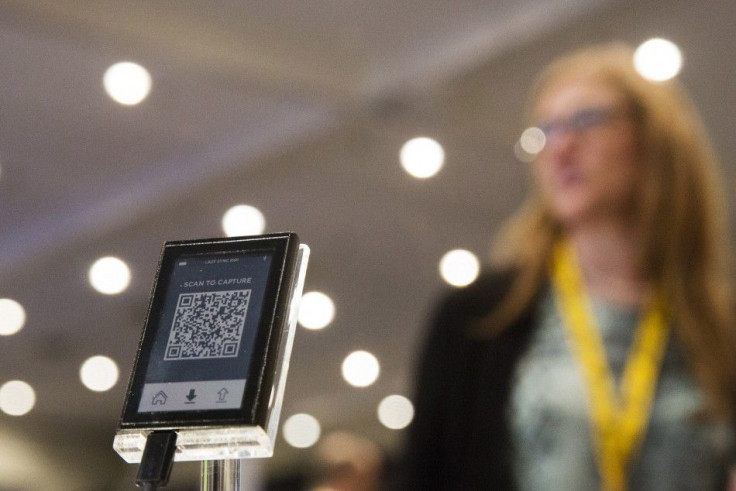Bitcoin Popularity and Dangers of Operational Risk Prompt New Zealand Central Bank to Tighten Regulations

Bitcoin's rise to popularity does not threaten the Reserve Bank of New Zealand. The country's central bank has announced it will tighten rules for online payments as trends shift towards more mobile and online transactions.
In a speech to Payments New Zealand in Auckland, RBNZ deputy government Grant Spencer said the central bank does not see Bitcoin as a threat. He believes Bitcoin does not act like a currency but a commodity. However, Spencer remarked that he does not doubt that one day digital currencies may transform into "more realistic substitutes for cash, according to Stuff.co.
The deputy governor noted that most payments were made using cash and cheques 30 years ago. As technological developments continue, payments can be done through contactless and online transactions using a mobile phone application. He mentioned new players like Apple, Paypal and Google as some of the companies in the venturing in the payments market.
Spencer said the use of technology has made people's lives easier but an increased operational risk is involved. The RBNZ fears for the great potential of cyber attacks and the increasing involvement of new players. The deputy governor called for a balance between safety, competition and cooperation.
He called on Payments New Zeaaland to promote innovation and New Zealand by allowing wider participation in the system and effectively managing system risks. Spencer said while short-term disruptions in the country were not considered major concerns but a wider lapse could affect the economy and the entire financial system.
He recalled the failure of interbank payments during Anzac Day 2012 and the latest system outage at the Bank of England. The incident had resulted in chaotic foreign exchange markets and property settlements.
Spencer proceeded to introduce the central bank's plan to strengthen regulations for online payments. The Reserve Bank is currently using a low-key approach in implementing regulations while many of its international counterparts have tightened rules in the last few years. With the current rules, major companies involved in handling payments and other financial transactions must be approved by the bank and the Financial Markets Authority. However, becoming a designated company is voluntary and the bank depends on industry involvement. The deputy governor plans on seeing the current policy extended including the establishment of an "enhanced oversight regime."
Meanwhile, an analyst has priced Bitcoin at $1 million. Raoul Pal, a former macro fund manager and author of the Global Macro Investor newsletter, said his analysis is based on the assumption that Bitcoin is like a finite amount of gold. Despite his high valuation, he warned people in an interview not to invest their life savings in the digital currency. He suggested that Bitcoin should be treated like an option contract.




















